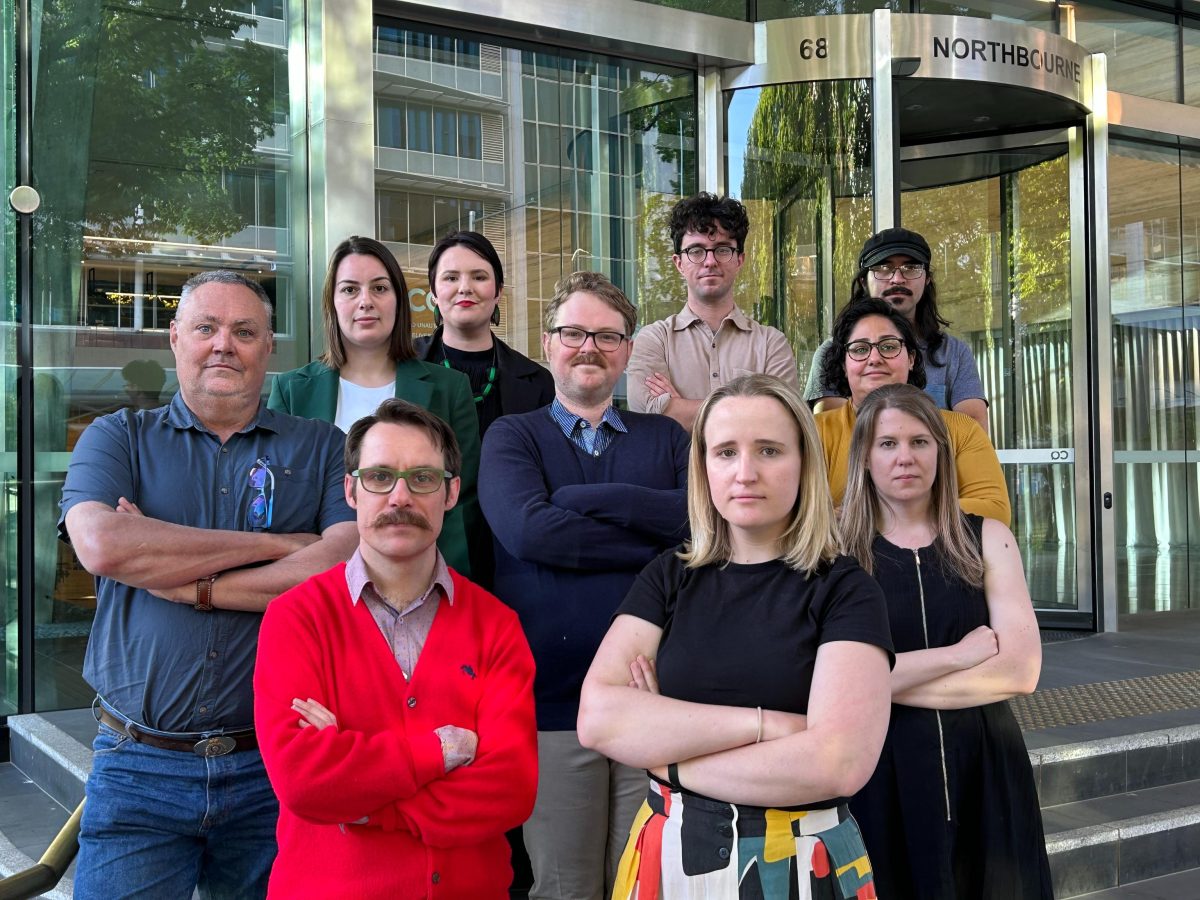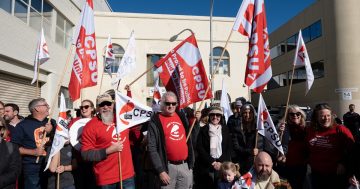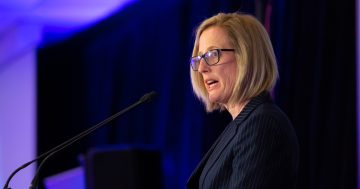
The Members United team is campaigning for better APS wages and for the CPSU leadership roles.
New Reserve Bank of Australia Governor Michele Bullock’s first rate rise makes it more than a dozen for homeowners since December 2021.
And it potentially lends a hand to public servants fighting for a better pay deal from the Federal Government.
At its meeting on Melbourne Cup Day, the RBA board decided to raise the cash rate target by 25 basis points to 4.35 per cent.
The official interest rate is now at its highest level since November 2011.
The brunt of its impact will be felt through an extra $100 a month added to the average mortgage, with the banks jumping to jack up their rates in response to the central bank’s decision.
But the flow-on effects will span across all areas of spending and place significant responsibility on policy decisions being made in more portfolios than just housing.
“Inflation in Australia has passed its peak but is still too high and is proving more persistent than expected a few months ago,” the RBA Governor said when announcing the rate rise.
“The latest reading on CPI inflation indicates that while goods price inflation has eased further, the prices of many services are continuing to rise briskly.”
Noting “significant uncertainties” remaining around the outlook, Ms Bullock said services price inflation had been “surprisingly persistent” overseas and suggested the same could occur in Australia.
The impact on wages was specifically mentioned.
“There are uncertainties regarding the lags in the effect of monetary policy and how firms’ pricing decisions and wages will respond to the slower growth in the economy at a time when the labour market remains tight,” she said.
“The outlook for household consumption also remains uncertain, with many households experiencing a painful squeeze on their finances, while some are benefiting from rising housing prices, substantial savings buffers and higher interest income.”
This adds weight to the claims of unions representing the public sector workforce that the government’s APS-wide wages offer of an 11.2 per cent increase over three years is not even keeping up with inflation.
The Community and Public Sector Union has rejected the offer and has a claim in for a 20 per cent increase over the same period. It has launched a string of strike actions in protest.
The government might not be willing to better the current offer, but it can’t deny that it is being outpaced by inflation.
Calculations done by Members United, a breakaway group of the CPSU who want a tougher stance against the government’s offer, claim that an APS4 on a salary of $78,734 has (since 2013) a total of $40,858 less in earnings compared with a salary that kept up with inflation.
“If we were to take the 11.2 per cent deal on the table, at the endpoint of the proposed agreement, this person’s annual salary will be $10,134 below what it would have been if it was in line with inflation,” says MU’s Jordana Colvin.
“To achieve parity with inflation from December 2019, we’d need a pay offer of 17.2 per cent over three years.
“To achieve parity with inflation since September 2013, we’d need a pay offer of 22.9 per cent.
“The current 11.2 per cent offer not only fails to guarantee wages that keep up with the cost-of-living over the next three years, it also fails to make up for years of wage freezes and stagnation.
“Our workers have seen their pay deteriorate enormously over the past decade, with the average worker losing tens of thousands of dollars cumulatively against what they would have earned at inflation-level pay.
“It’s unacceptable for [Public Service Minister] Katy Gallagher to think that this is what the APS as a model employer should be offering.
“When the cost of living numbers over a decade are factored in, the CPSU’s pay claim at 20 per cent over three years starts to look entirely reasonable.
“This is not a gambit figure … this is actually a compromise. The CPSU leadership would be wise to communicate this to its members, who are sick of fighting for scraps.”
The minister insists the pay offer is a generous one while also being within the parameters of what the government can afford.
She said there wouldn’t be another offer made as the current one had already been revised up from a 10.5 per cent offer.
“We want to be a model employer, we want to work with the unions, but ultimately, we want to be able to give staff a pay rise… I think the government’s been more than generous,” Senator Gallagher said.
“We can put the offer to the APS staff … not the preferred way of doing things … but I don’t want to see people not getting their pay rises in March either.”
Original Article published by Chris Johnson on Riotact.











